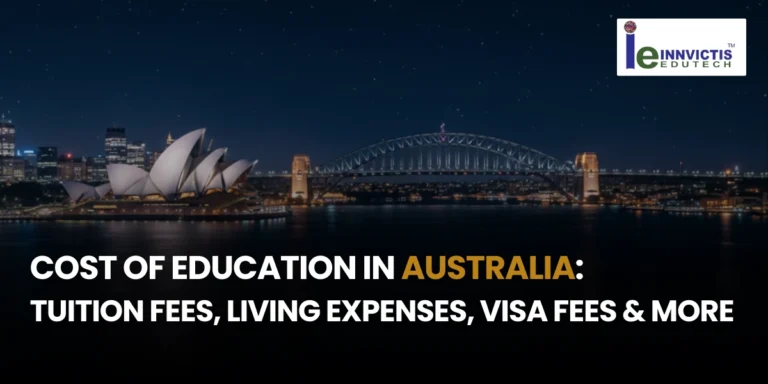The Changes to Canadian Immigration Policies Impacting International Students
What you need to know
In recent years, Canada has become a popular destination for international students seeking quality education and promising career opportunities. There are some changes to the policies of Immigration, Refugees, and Citizenship Canada (IRCC) in January 2024. These changes aim to address various concerns while aligning with the evolving needs of the Canadian job market and educational system.
The changes and their implications are as follows:
- Canada has emerged as a top choice for international students looking for quality education and career prospects.
- In January 2024, the Immigration, Refugees, and Citizenship Canada (IRCC) announced significant changes to immigration policies.
- The new policies are reshaping the landscape for prospective students and recent graduates in Canada.
- It is a must for international students and graduates to understand the implications of these policy changes.
1. Reduction in Study Permit Intake:
The Canadian government has put a temporary limit on the number of international students who can apply for study permits over the next two years. This cap will result in around 360,000 approved study permissions in 2024, a 35% decrease from the previous year. This reduction is a strategic move to manage the number of international students coming to Canada while maintaining a balanced approach to immigration and education.
2. Provincial Attestation Letter (PAL) Requirement:
Many new international students register for college or undergraduate courses. This requirement, enforced by most provinces and territories, mandates that programs submit a Provincial Attestation Letter (PAL) along with their applications. These add an extra layer of scrutiny and verification, emphasizing the importance of provincial support and endorsement for international students. This attestation is currently wanted for students going to Canada for undergraduate programs.
3. Post-Graduation Work Permit (PGWP) Update:
Changes to the eligibility criteria for the Post-Graduation Work Permit (PGWP) affect graduates of master’s degree programs. Recognizing the potential of master’s graduates to contribute to the Canadian job market and pursue permanent residency, Canada has extended the duration of PGWPs for these individuals. This adjustment aims to facilitate acquiring the Canadian work experience essential for successful permanent residence applications.
4. Exclusion of Private College Graduates from PGWP Eligibility:
Effective September 1, 2024, international students embarking on study programs in private colleges delivering licensed curricula will no longer be eligible for Post-Graduation Work Permits (PGWPs). This decision, announced by the IRCC, reflects a shift in policy focus towards prioritizing graduates from public institutions while ensuring the quality and integrity of educational offerings.
5. Revised Cost-of-Living Requirements:
Starting January 1, 2024, international students must demonstrate financial capacity by showing a minimum of $20,635 to cover their living expenses, a significant increase from the previous threshold of $10,000. This adjustment, applicable nationwide except for Quebec, aims to address the rising cost of living and ensure that international students can sustain themselves financially during their stay in Canada.
These recent changes to Canadian immigration policies carry significant implications for international students aspiring to study and work in Canada. While the reduction in study permit intake and revised eligibility criteria for PGWPs may pose challenges, the extended duration of PGWPs for master’s graduates signals new opportunities for long-term integration and career advancement. As the landscape evolves, prospective students and recent graduates stay informed and seek guidance to navigate these changes effectively, ensuring a smooth transition toward their academic and professional goals in Canada.







